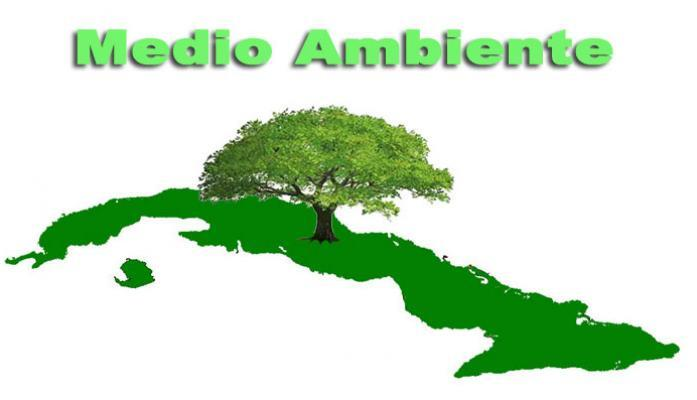
The Montreal Protocol was signed 35 years ago, aimed at protecting the ozone layer, with the gradual reduction of the use of substances that deplete it, which represents a danger to life on the planet.
By María Josefina Arce
The Montreal Protocol was signed 35 years ago, aimed at protecting the ozone layer, with the gradual reduction of the use of substances that deplete it, which represents a danger to life on the planet.
The ozone layer is essential for filtering ultraviolet rays from the sun, which are harmful to humans, animals and plants.
Since its entry into force in 1989 and in response to technological advances, the Protocol has been adjusted and modified on several occasions to ensure the care of the so-called "shield of life".
Cuba is a signatory to this important agreement, which also contributes to global efforts to curb climate change, since most of the substances that damage the ozone layer are potent greenhouse gases.
One of its first steps was the creation of the Ozone Technical Office, which is responsible for coordinating and monitoring the national program to implement the Montreal Protocol.
Seriously committed, the country has managed to eliminate chlorofluorocarbons, present in domestic and commercial refrigeration and the substitution of these components in the manufacture of pharmaceutical aerosols.
It has also eliminated the use of methyl bromide in the fumigation of tobacco seedbeds, protected vegetable and flower crops, and coffee nurseries.
With respect to hydrofluorocarbons, under the advice of the United Nations Development Program, it has carried out various investment and technology transfer projects to make progress in reducing the use of hydrofluorocarbons.
Despite the financial limitations imposed by the U.S. blockade, the Greater of the Antilles has worked intensively to comply with the commitments undertaken, an effort recognized internationally.
In 2017, the UN presented it with the Ozone Award, which is given to countries, groups and organizations that have shown extraordinary commitment and contribution in achieving the objectives of the Montreal Protocol.
Cuba shows tangible results, but does not stop, as it has among its priorities until 2030 to eliminate the use of ozone-depleting substances.

